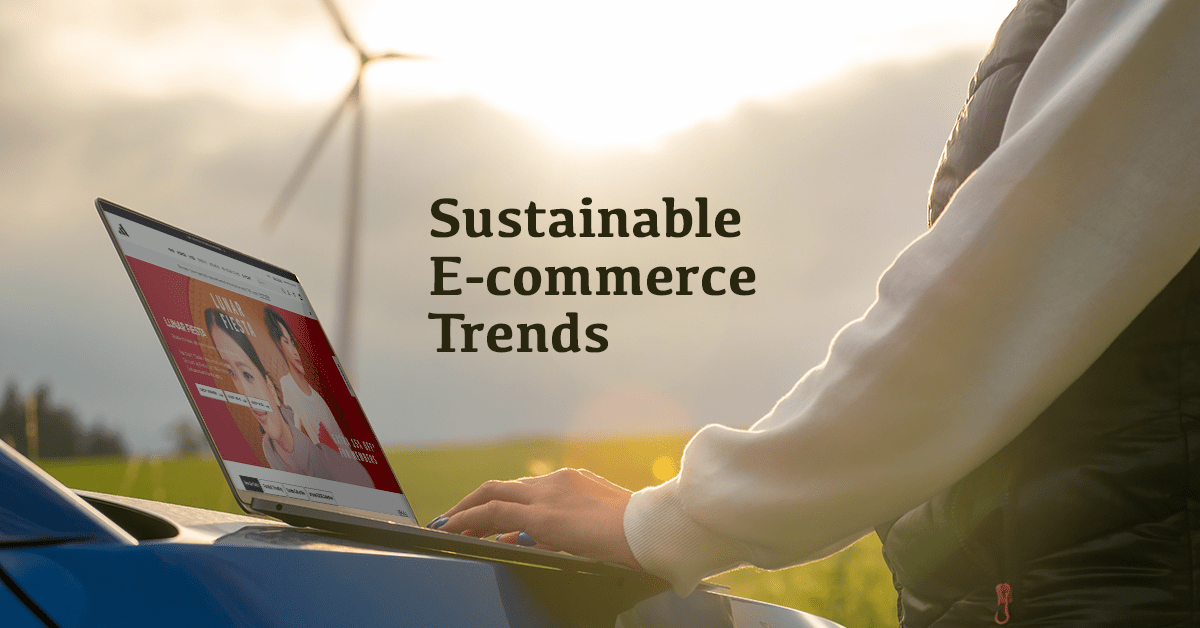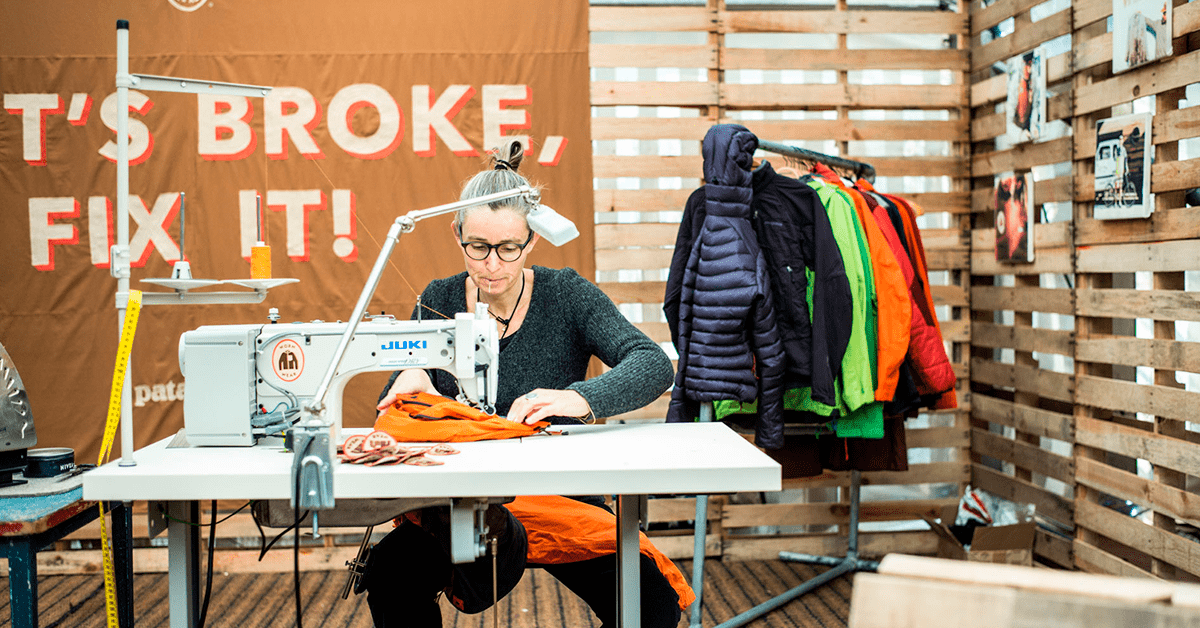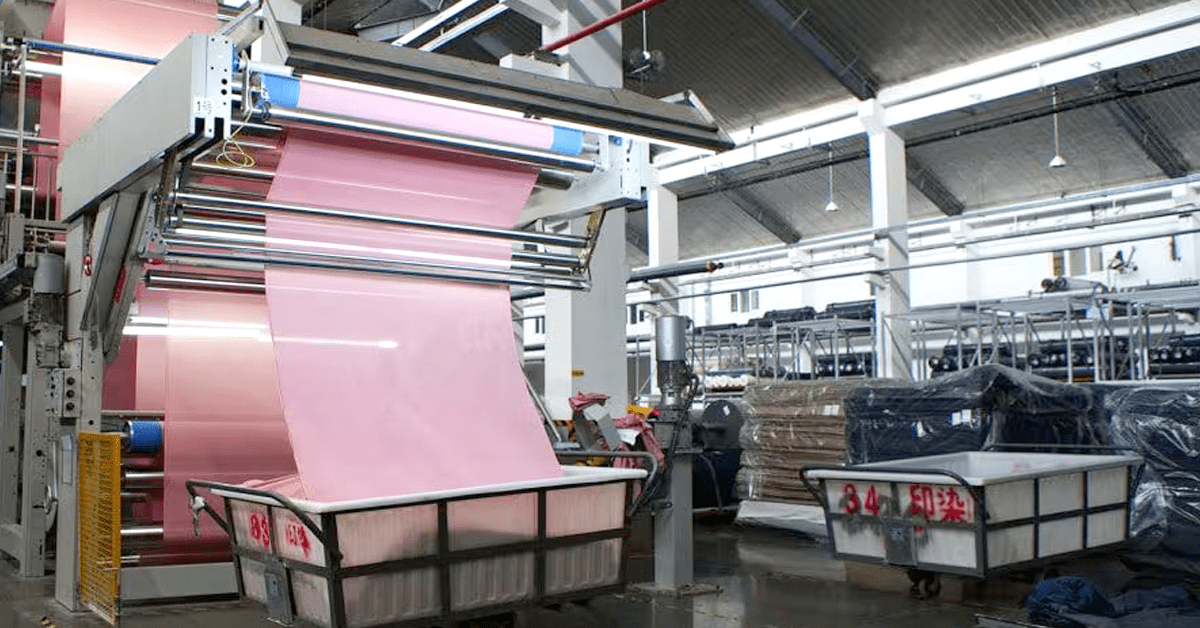
As the digital marketplace unfurls its sails towards a greener horizon, a profound transformation is sweeping across the realm of e-commerce, heralding an era where sustainability and environmental stewardship become the keystones of online retail. This article ventures into the heart of sustainable e-commerce business trends, showcasing how the sector is wholeheartedly embracing the ethos of green consumerism, pioneering innovations in sustainable design, and championing corporate responsibility.
Through the lens of real-life examples from behemoths like Amazon, Patagonia, Adidas, Apple, IKEA, and groundbreaking collaborations such as Allbirds and Adidas, we chart the course of businesses integrating eco-friendly practices into their very fabric. This paradigm shift is not merely altering consumer behaviour but is also redefining the benchmarks for the future of online shopping. As enterprises align themselves with the principles of sustainability, they are not just navigating towards a more responsible marketplace but are also steering the industry towards a more sustainable and prosperous future.

Embracing Sustainability in Digital Commerce
The digital commerce landscape is experiencing a transformative shift towards sustainability, driven by an increasing emphasis on reducing carbon footprints and adopting renewable energy sources. This movement is fueled by the rise of green consumerism, with consumers actively seeking sustainable products, prompting online retail businesses to align their operations and product offerings with environmentally conscious practices.
For instance, global retail giant Amazon has launched the Climate Pledge Friendly program, highlighting products that meet sustainability standards, helping consumers make more environmentally friendly choices. Similarly, Etsy has offset carbon emissions from shipping, becoming the first major online shopping destination to take such a step.

The Shift Towards Green Consumerism
Today’s consumers are more environmentally aware, influencing their purchasing decisions towards eco-friendly products. This shift is not just a trend but a significant change in consumer behaviour, reshaping the e-commerce market. Businesses are responding by integrating sustainability into their strategies, from product development to marketing, to meet this demand.
The growing preference for sustainable goods across various categories is driving a market shift, with e-commerce platforms expanding their range of eco-conscious products. Patagonia, a leader in sustainable apparel, has set a precedent by offering repair and recycling programs for their products, emphasising the importance of sustainability over consumerism.

Innovation and Sustainable Design
Innovation in sustainable design and materials is spearheading the development of eco-friendly products. E-commerce businesses are leveraging creativity and sustainable practices in product design, leading to unique and environmentally responsible offerings. This focus on sustainability is fostering innovation within the industry, contributing to the evolution of consumer choices towards greener alternatives. Adidas, for example, has made strides with its Futurecraft.Loop sneakers, a line of 100% recyclable shoes, showcasing how companies can innovate to reduce waste and promote circular economies.

Corporate Responsibility and Environmental Stewardship
E-commerce companies are increasingly embedding corporate social responsibility and environmental stewardship into their operational ethos. By implementing initiatives aimed at reducing packaging waste and optimising energy consumption, these businesses are minimising their ecological footprint.
This commitment extends beyond meeting consumer demand, reflecting a genuine dedication to environmental responsibility and the promotion of sustainable practices within the community. Apple’s commitment to becoming 100% carbon neutral across its entire business, manufacturing supply chain, and product life cycle by 2030, is a testament to how tech giants are leading by example in environmental stewardship.

Strategies for Sustainability
To minimise their environmental impact, e-commerce businesses are adopting sustainable operational practices, including optimising supply chains and investing in renewable energy sources. These strategies are integral to the industry’s commitment to sustainability, reducing carbon emissions, and contributing to a greener future. IKEA’s investment in renewable energy projects, including solar and wind power, and its aim to use only renewable or recycled materials by 2030, illustrate how large retailers are implementing comprehensive strategies for sustainability.

The Future of Sustainable E-commerce
The ongoing shift towards sustainability is set to profoundly impact the e-commerce landscape, driving innovation and competitiveness. Businesses prioritising eco-friendly practices are likely to gain a competitive edge, shaping the future of online retail. The e-commerce sector’s role as an advocate for environmental conservation and sustainable development is strengthening, with the potential to contribute significantly to global sustainability efforts. The collaboration between Allbirds, a footwear company known for its eco-friendly materials, and Adidas to create a low carbon footprint sports shoe highlights the industry’s move towards innovative partnerships that prioritise sustainability.
Conclusion
The emergence of sustainable e-commerce trends marks a pivotal shift towards environmental consciousness in the digital commerce realm. By embracing eco-conscious practices, the industry is not only addressing consumer demands but also playing a crucial role in promoting environmental preservation. This collective move towards sustainability is setting the stage for a future where eco-friendly operations are integral to e-commerce, fostering a more sustainable and responsible marketplace. As this trend continues to evolve, the commitment of businesses to sustainability will not only enhance their brand reputation but also ensure long-term success in a rapidly changing consumer landscape.
If you are at the forefront of innovation with a new eco-friendly product and are looking to make a significant impact in the e-commerce arena, we invite you to reach out to the WDD Malaysia E-commerce team. Our experts are dedicated to assisting you in setting up your e-commerce store, crafting a comprehensive marketing plan, and ensuring your brand is stewarded with the values of sustainability and environmental responsibility at its core. Let us help you navigate the complexities of the digital marketplace and position your eco-friendly products for success in the growing sustainable e-commerce ecosystem.




